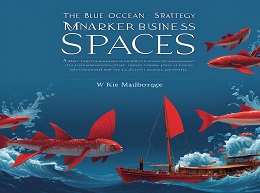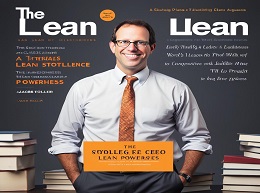Drive: The Surprising Truth About What Motivates Us

"Drive: The Surprising Truth About What Motivates Us" by Daniel Pink challenges traditional notions of motivation and offers a fresh perspective on what drives human behavior. Drawing on research from psychology, neuroscience, and economics, Pink reveals the three key elements autonomy, mastery, and purpose that lead to intrinsic motivation and greater satisfaction in work and life. In this comprehensive review, we'll explore the key concepts of "Drive," provide real-world examples, and reveal strategies for fostering motivation and engagement in the workplace.
The Puzzle of Motivation:
Pink introduces the puzzle of motivation and questions the effectiveness of traditional carrot-and-stick approaches to incentivizing behavior.
Example:
Google's "20% time" policy allows employees to spend a portion of their workweek on passion projects, fostering autonomy and creativity while driving innovation and productivity.
Autonomy:
Pink explores the importance of autonomy the desire to direct our own lives in motivating individuals and fostering creativity and innovation.
Example:
Atlassian, an Australian software company, offers employees "FedEx Days" where they have complete autonomy to work on any project they choose, leading to a surge in creativity and new product ideas.
Mastery:
Pink discusses the concept of mastery the urge to get better at something that matters and its role in driving intrinsic motivation and satisfaction.
Example:
Chess prodigy Josh Waitzkin demonstrates the power of mastery in his pursuit of excellence, continually pushing himself to improve and innovate in the game of chess.
Purpose:
Pink emphasizes the importance of purpose—the sense that our work contributes to something larger than ourselves in motivating individuals and fostering engagement.
Example:
TOMS Shoes' "One for One" model, which donates a pair of shoes to a child in need for every pair purchased, provides employees with a sense of purpose and fulfillment beyond profit.
Creating Motivating Environments:
Pink discusses strategies for creating motivating environments that support autonomy, mastery, and purpose in the workplace.
Example:
Zappos fosters a culture of autonomy and purpose by empowering employees to deliver exceptional customer service and make a positive impact on customers' lives.
Rethinking Rewards and Recognition:
Pink challenges traditional approaches to rewards and recognition, advocating for a focus on intrinsic motivators rather than external incentives.
Example:
Atlassian replaced traditional performance reviews with peer-based recognition and feedback programs, leading to increased employee engagement and satisfaction.
In conclusion, "Drive" offers valuable insights and practical strategies for fostering motivation and engagement in the workplace. By embracing autonomy, mastery, and purpose, organizations can create environments that inspire creativity, innovation, and fulfillment, leading to greater success and satisfaction for individuals and teams.













